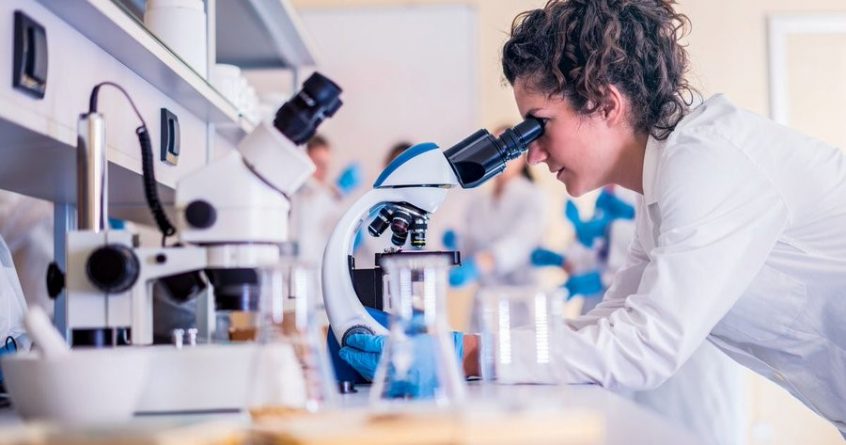Some people are lucky. They have an anti-ageing gene that can wind the heart’s age back about 10 years. Yes, startling. This magical gene was discovered in centenarians, people who live 100 years or longer, by Bristol University researchers.
Carriers of this mutant gene have been found in the planet’s “blue zones” – home to some of the world’s oldest men and women.
The Bristol scientists believe it protects them against diseases linked to ageing, such as heart failure, and helps to keep their hearts young.
In an exciting move, the researchers have shown this healthy mutant gene can protect heart cells in patients with heart failure, removing the need for a heart transplant.
The Bristol team, led by Professor Paolo Madeddu, found just one dose of the gene stopped ageing of the heart in middle-age mice.
And that’s not all.
Given to elderly mice (whose hearts have the same changes as elderly patients), the gene wound back the heart’s biological clock age by the human equivalent of more than 10 years. Professor Madeddu explains that heart function becomes threatened as we age. Smoking, alcohol, and sedentary life speed up the ageing clock whereas eating well and exercising daily slow it.
In Italy, the three-year study was performed on test-tube human cardiac cells by Professor Annibale Puca. He administered the gene in heart cells from elderly patients with severe heart problems, and compared their function with those of healthy individuals.
Monica Cattaneo, a researcher of the MultiMedica Group in Milan, Italy, and first author of the work, found adding the longevity gene (or gene protein) to the test tube of ageing heart cells rejuvenated the cardiac cells of elderly heart failure patients.
An exciting view of the future is that the gene found in centenarians could be transferred to unrelated people to protect their hearts.
Professor Madeddu added: “Our findings confirm the healthy mutant gene can reverse the decline of heart performance in older people.
“We are now interested in determining if giving the protein instead of the gene can also work.
“Gene therapy is widely used to treat diseases caused by bad genes. However, a treatment based on a protein is safer and more viable than gene therapy.”
Professor Puca, head of the laboratory at the IRCCS MultiMedica and professor at Salerno University, added: “We have a new confirmation of the therapeutic potential of the gene/protein. We hope to test its effectiveness soon in clinical trials on patients with heart failure.”

